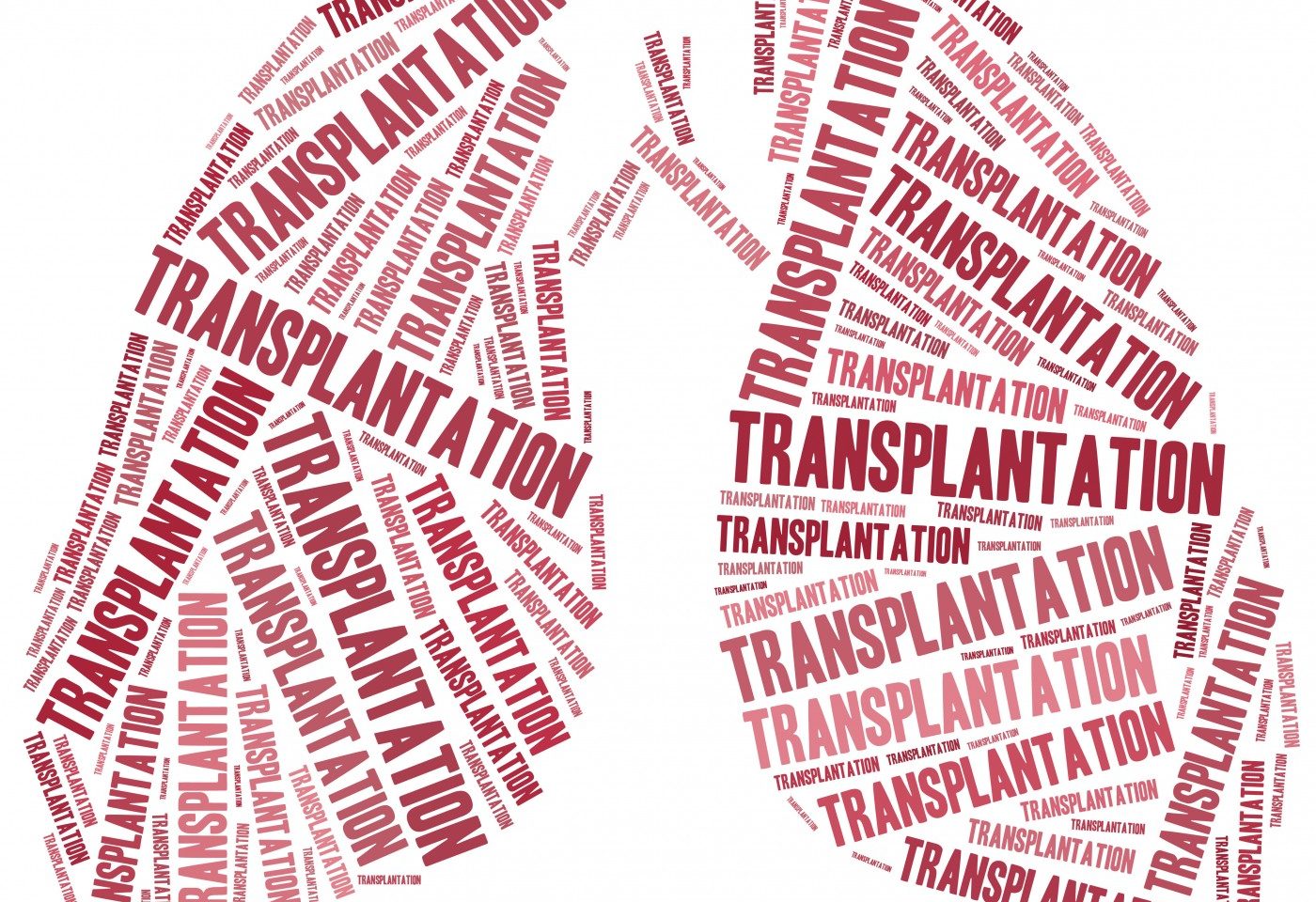-
Eliminating Immunosuppressants for a Transplant Patient

A member of our forum recently sent me an article I thought would be interesting for transplant recipients and patients who may be considering a transplant in the future. The report is titled “Weaning Transplant Recipients from Immunosuppressive Drugs.” The article is from the UPMC Thomas E. Starlz Transplantation Institute.
As a transplant recipient, I am fortunate to not have to take an enormous amount of anti-rejection medications. I take tacrolimus and only take .5 milligrams every other day. My dosage is low compared to other patients. I also take prednisone, Bactrim, and azithromycin. These medications contribute to my wellbeing and protect me from pneumonia and chronic rejection. The medication has unfortunately affected my kidneys and bone density. I take other drugs and supplements to balance my electrolytes and blood pressure. A relief from taking the medicines mentioned would be beneficial to my kidneys. I currently have stage 3 chronic kidney disease.
The article cites, “a new technique is being developed at the institute which involves carefully weaning patients from immunosuppressants.” The process is not yet complete, but the researchers feel they are close to having this process come to fruition. The study further explains the process of infusing the patients with anti-rejection medicine at the time of the transplant.
If the drug weaning process came to be successful, would it change your mind if you are contemplating a transplant?
Log in to reply.
